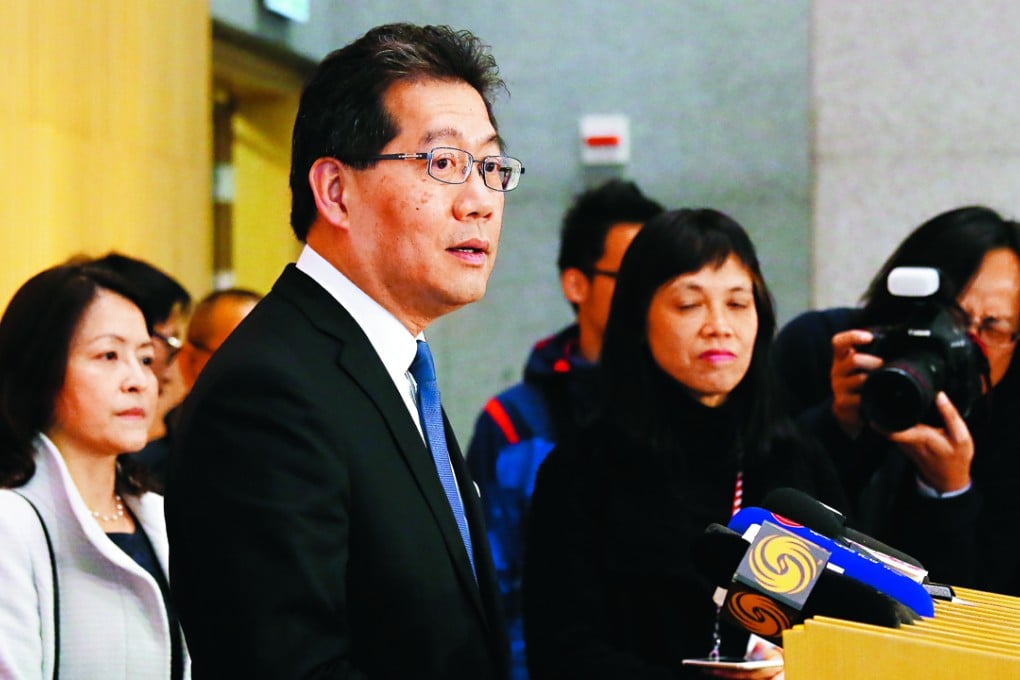Hong Kong government’s shelving of controversial copyright bill: what went wrong?
Mixture of flat-footed negotiating and pan-democrat filibuster put paid to latest attempt to reform laws on copyright

Pan-democratic lawmakers’ filibustering might be seen as the culprit for the government’s stalling the copyright amendment bill, but critics say officials were responding too slowly and passively throughout public debates about the law over the past few months.
The latest government failure is very similar to the last time it shelved the copyright amendment bill four years ago. Again, it takes place during a Legislative Council election year. Again, it meets fierce opposition from internet users who are highly skeptical of the government.
The only difference is that the government cannot technically shelve the bill this time as the second reading has resumed, meaning the government can only shuffle it to the back of its list of items for tabling to lawmakers in the rest of the legislative year, a government spokeswoman said.
READ MORE: Four sides locked in debate over Hong Kong’s copyright amendment bill face crucial meeting
As pan-democrats agreed, things had looked positive for the government when the bills committee of Legco was considering a number of exemptions that would protect internet users making use of copyrighted materials as “secondary creation”, by way of parody, pastiche and the like – categories currently exposed to criminal liabilities.
But late last year when the bill was put to all lawmakers for a second reading, things turned sour as online groups started rallying against the law, piling pressure on pan-democrats seeking re-election in a few months’ time.
Terming the bill “internet Article 23”, defectors compare the proposed copyright law to the Basic Law provision on national security that brought 500,000 protesters onto the streets in 2003.
“I think the government has failed to listen to the views of internet users,” said Glacier Kwong Chung-ching, a spokeswoman for protest group Keyboard Alliance.
